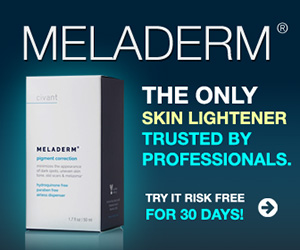Alcohol detox involves distinct stages, each characterized by different withdrawal symptoms that vary in intensity based on factors like the severity of alcohol dependence and individual health conditions. Here’s a breakdown of the stages of alcohol detox:
Stage 1: Early Withdrawal (6–12 Hours After Last Drink)
Symptoms:
- Mild anxiety or agitation
- Nausea and vomiting
- Headache
- Insomnia
- Sweating and tremors
- Rapid heartbeat (tachycardia)
Considerations:
- Symptoms begin as alcohol levels in the bloodstream drop.
- This stage is typically uncomfortable but manageable with hydration and rest.
Stage 2: Peak Withdrawal (24–72 Hours After Last Drink)
Symptoms:
- Intensified anxiety and restlessness
- Elevated blood pressure and heart rate
- Fever and sweating
- Mental confusion
- Seizures (in severe cases)
Considerations:
- Withdrawal symptoms often peak during this period.
- Heavy drinkers or those with long-term dependence may experience seizures, requiring emergency medical attention.
Stage 3: Severe Withdrawal/Delirium Tremens (DTs) (48–96 Hours After Last Drink)
Symptoms:
- Hallucinations (visual, auditory, or tactile)
- Severe agitation and confusion
- High fever
- Profuse sweating
- Dangerous changes in blood pressure or heart rate
Considerations:
- Delirium tremens (DTs) is a life-threatening condition that affects a small percentage of heavy drinkers.
- Immediate medical intervention is necessary to prevent complications like cardiac arrest or coma.
Stage 4: Post-Acute Withdrawal Syndrome (PAWS) (Days to Weeks)
Symptoms:
- Mood swings
- Fatigue
- Persistent sleep disturbances
- Cravings for alcohol
Considerations:
- PAWS occurs after acute detox, often lasting weeks or months.
- Counseling, therapy, and medications can help manage these lingering symptoms.
Important Notes for Safety
- Medical supervision: Detoxing from alcohol can be dangerous. Always consult a healthcare provider for guidance.
- Medications: Benzodiazepines or anticonvulsants are often prescribed to reduce withdrawal risks.
- Hydration and nutrition: Replenishing lost fluids and nutrients, such as thiamine and folate, is critical for recovery.
Transitioning to Recovery
Once detox is complete, ongoing support is essential. This might include therapy, support groups (e.g., Alcoholics Anonymous), or structured rehab programs like Discover Recovery to maintain sobriety and address underlying issues.
Recovery is a journey—every step you take brings you closer to a healthier, alcohol-free life.





